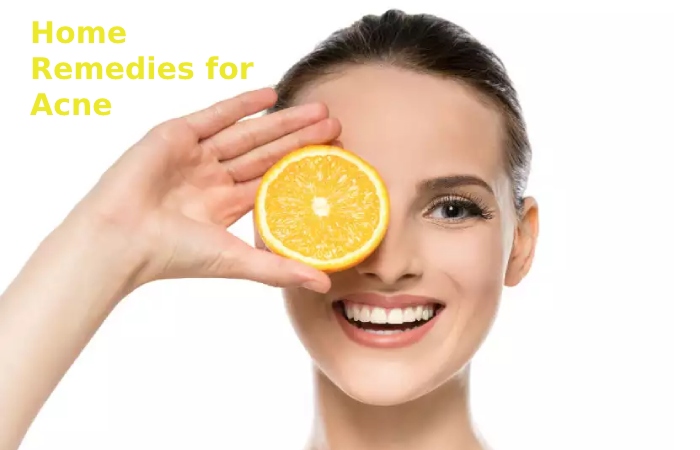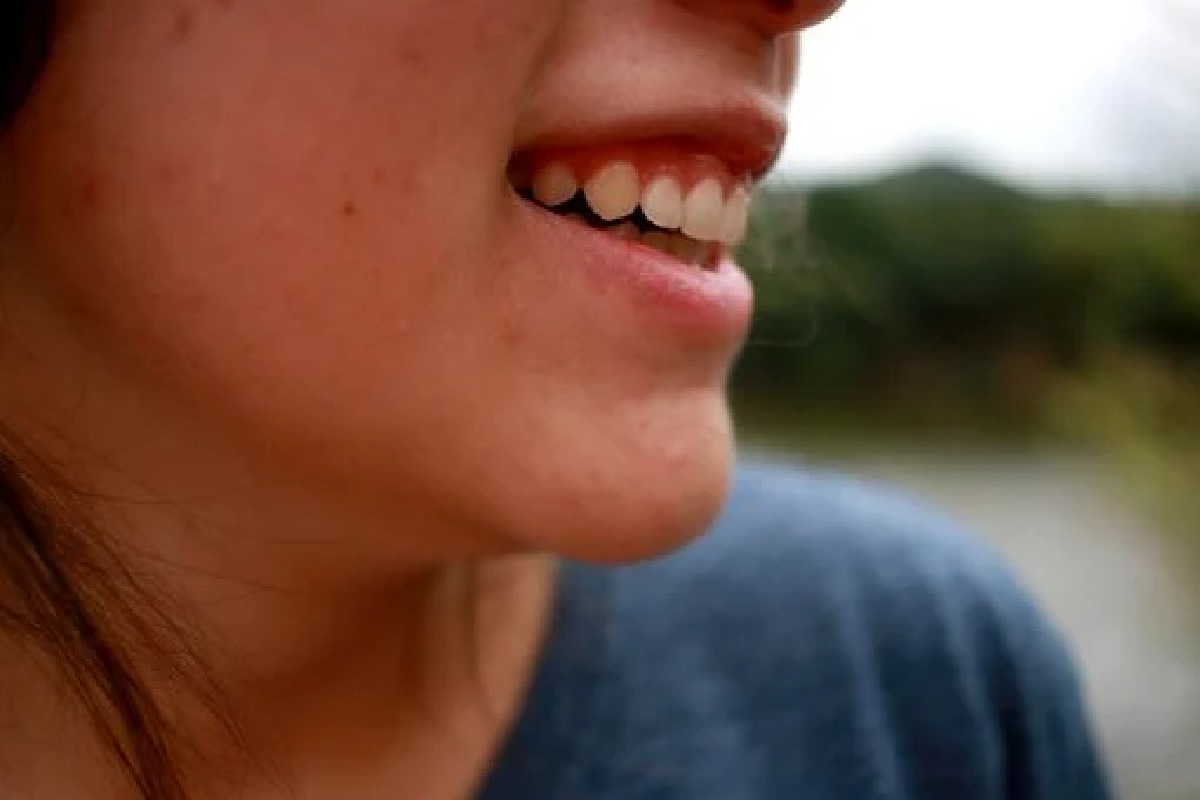Table of Contents
Acne Definition
Acne is a well-known skin problem among our teenagers. However, it can also affect all age groups of the population, regardless of race or sex. It often occurs in adolescence and can last for years, even as one reaches adulthood. After thirty years, even though the treatments are different, it is still very possible to treat this problem.
Treatments include creams and cleansers, as well as prescription antibiotics. There are helpful treatments for acne, but acne can be persistent. The pimples and bumps heal slowly.
Acne Symptoms
Depending on the severity of your condition, acne severity differs.
- Whiteheads
- Grains
- Pimples, which are papules with pus on the tips
- It appears on the face, forehead, chest, upper back, and shoulders
- Small red bumps
- Large, firm, painful lumps under the skin
- Aching pus-filled balls under the skin
Causes of Acne
The leading cause of the appearance of acne comes from the overactivity of the sebaceous glands, responsible for sweating. These glands produce a substance called sebum, an oily substance that, when secreted in excess, clogs the skin’s pores, thus creating an environment favorable to the proliferation of bacteria and, therefore, the appearance of pimples.
1. Hormonal factors: a variety of factors trigger acne, with an increase in androgen levels.
2. Androgen is a hormone; whose levels increase in early adolescence.
3. The increase in androgen levels causes the growth of the sebaceous glands under the skin which produces more sebum. Excess sebum breaks down the cell walls of your pores and causes bacteria to grow.
4. Certain drugs that contain androgens and lithium cause acne.
5. Oily cosmetics
6. Hormonal changes
7. Emotional stress
8. Rules
Home Remedies for Acne

Aloe vera: Aloe vera has anti-inflammatory and antibacterial properties
Tea Tree Oil: Tea tree oil is a known treatment for pimples.
Benzoyl Peroxide Gel or Face Wash – Available without a prescription and provides good results for reducing acne.
Green tea: To prepare the green tea solution, boil 1/2 cup of water. Remove from the heat and add a green tea bag. It will reduce inflammation and is antibacterial.
Fresh basil leaf: Choose a new basil leaf and crush it with your fingers. Spread the shredded leaf over the pimple so that its juice covers your spot. Do this during the day and at night before going to bed. Basil is anti-inflammatory and has antibacterial properties.
Fresh Lemon Juice: The vitamin C in lemon juice helps dry up pimples. Apply fresh lemon juice to the spot (s) during the day and before bed at night.
Rub the ice: Applying ice to the pimple can help reduce swelling and redness. Dampen a cloth with cold water and wrap an ice cube. Use it to rub the ice cube on the button.
Tomatoes: Tomato juice soothes pimples and brightens the skin, and evens out uneven skin.
Prevention for Acne
In addition to the physical pain it can cause, acne is often the cause of psychosocial distress and decreased self-esteem.
- Clean your face daily several times with warm water and a mild soap made especially for acne.
- Don’t rub the skin or pop pimples, as this can push the infection further down, causing more blockage, swelling, and redness.
- Avoid pimples as this makes scarring more likely.
- A specialist treats a pimple that requires quick removal for cosmetic reasons.
- Refrain from touching your face.
- Keep the phone away from your face while speaking, as it probably contains oil and skin residue.
- Wash your hands often, especially before applying lotions, creams, or makeup.
- Avoid overexposure to the sun, as it can cause the skin to produce more sebum. Various acne medications increase the risk of sunburn.
- Avoid anxiety and stress, as they can increase the production of cortisol and adrenaline, which aggravate acne.
- Try to stay calm and dry in hot and humid weather to avoid sweating.
- Acne is a common problem. It can cause significant embarrassment, but treatment is available and effective in many cases.

